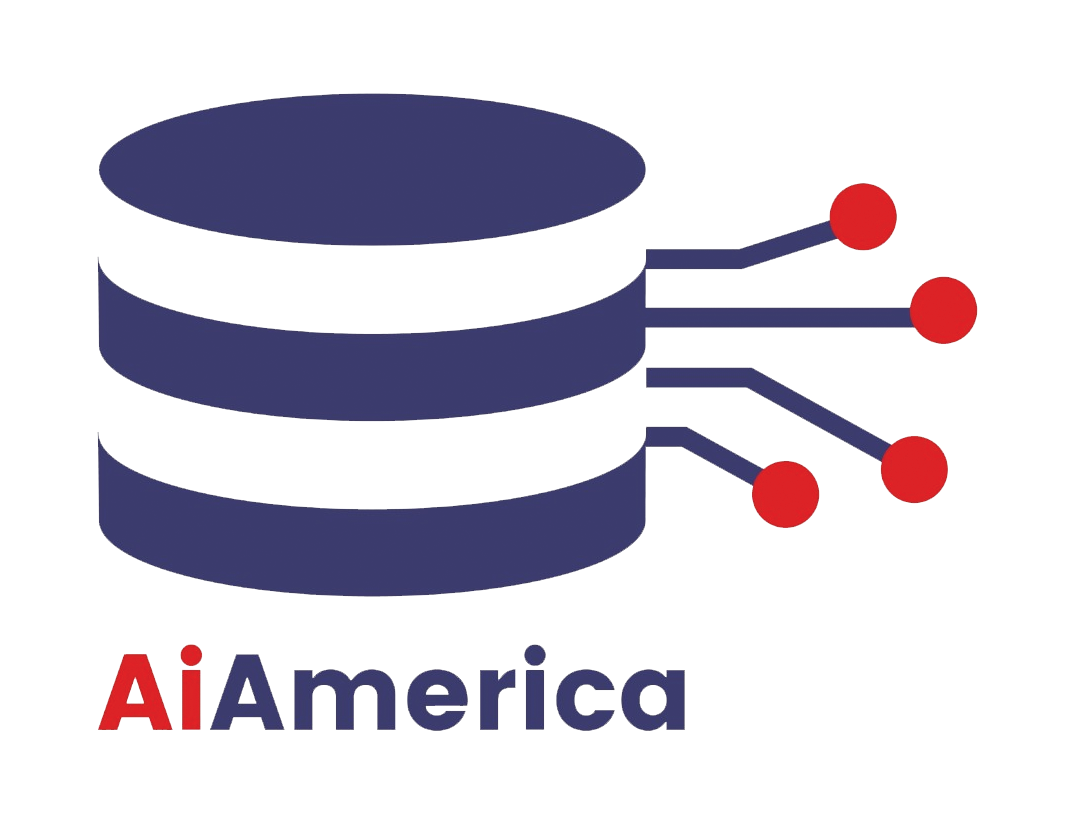
Agentic AI promises to revolutionize enterprises with autonomous agents handling complex workflows and decision-making. However, Gartner’s recent forecasts paint a sobering picture emphasizing the need for clear value, strategic planning, and accountability.
The Gartner Forecast: 40% of Agentic AI Projects Will Fail by 2027
According to Gartner, more than 40% of agentic AI initiatives will be cancelled or fail by the end of 2027. Primary reasons include escalating costs, unclear business value, and inadequate risk management. The research reveals a prevalence of “agent washing”—where existing AI products are rebranded as agentic agents without real autonomous capabilities.
This early-stage experimentation, often driven by hype rather than applied understanding, has led to inflated expectations and deployment challenges for many enterprises.
Common Pitfalls in Agentic AI Projects
- Scope Mismatch: Implementing agentic AI where traditional AI or rule-based automation is sufficient causes unnecessary complexity and cost.
- Inadequate Data & Infrastructure: Many organizations lack the quality data pipelines and computing infrastructure to fuel successful agentic AI models.
- Lack of Clear ROI: Projects can stall or falter without measurable benefits aligned with business goals.
- Poor Governance: Insufficient ethical, security, and accountability frameworks lead to risks that dampen adoption.
Examples of Project Setbacks
Swedish fintech Klarna embraced AI agents to automate customer service but found AI-generated responses inconsistent, resulting in resumed human hiring. Such experiences highlight the importance of realistic deployment roadmaps and trust-building.
Why Agentic AI Still Matters
Despite setbacks, Gartner forecasts that by 2028:
- 15% of routine work decisions will be autonomously made by AI agents (near zero today)
- 33% of enterprise software applications will incorporate agentic AI features (under 1% now)
This signals a significant tipping point, where thoughtful, value-driven agentic AI projects drive competitive advantage.
Preparing for Success in Agentic AI
To maximize success chances:
- Identify workflow areas with genuine complexity benefiting from autonomy.
- Invest in infrastructure supporting scalable data processing and model training.
- Develop governance mechanisms enforcing ethical AI use and accountability.
- Maintain human-in-the-loop frameworks where needed.
- Set concrete KPIs and phased milestones for pilot-to-production transitions.
Looking Beyond 2027
As technology maturates and ecosystems strengthen, agentic AI will become more robust and trusted. Vendors will enhance transparency and provide more turnkey solutions while companies learn best practices for integration and scale.
Conclusion
The journey toward extensive agentic AI adoption is significant but fraught with challenges and the risk of project failure if approached without rigor. Gartner’s research underscores the necessity of measurable value, governance, and strategic vision in leveraging agentic AI’s transformative potential.
AI America will keep spotlighting emerging guidance, successful deployments, and innovations to enable enterprise readiness beyond 2027.









